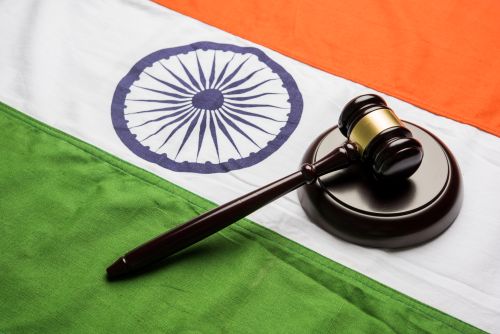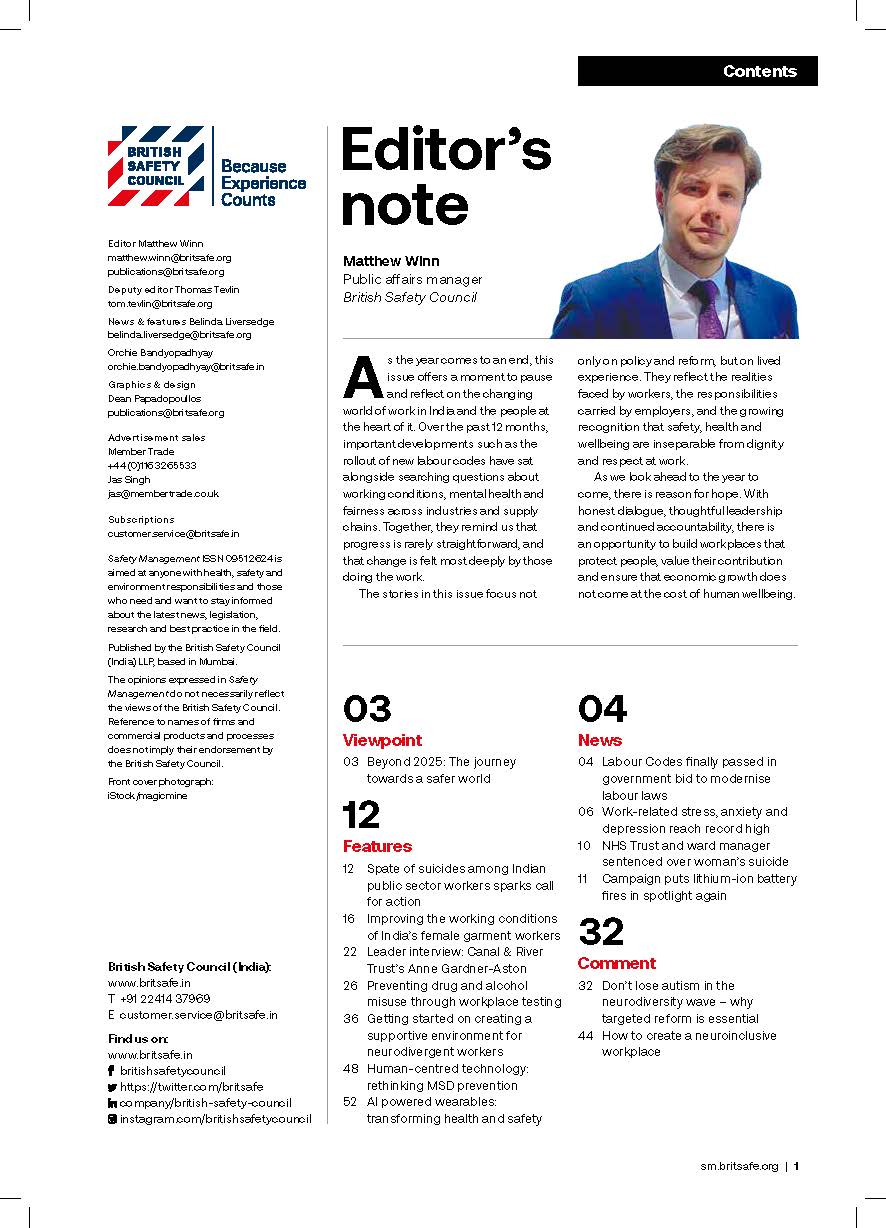On 9 July, 250 million workers from diverse sectors in India – including banking, insurance, postal services and coal mining – participated in a nationwide general strike called by a forum of 10 central trade unions. The strike, or ‘Bharat Bandh’, was held in protest against what the unions describe as “anti-worker, anti-farmer and anti-national pro-corporate policies” of the BJP (Bharatiya Janata Party)-led Union Government.
News
Bharat Bandh sees over 250 million workers join nationwide strike against ‘anti-worker’ policies
The participating organisations included the National Trade Union Congress (INTUC), All India Trade Union Congress (AITUC), Hind Mazdoor Sabha (HMS), Centre of Indian Trade Unions (CITU), All India United Trade Union Centre (AIUTUC), Trade Union Coordination Centre (TUCC), Self-Employed Women’s Association (SEWA), All India Central Council of Trade Unions (AICCTU), Labour Progressive Federation (LPF) and the United Trade Union Congress (UTUC).

Widespread support
The Bharat Bandh also attracted widespread support from a range of groups other than trade unions representing manual workers. Major farmer organisations, student and women’s groups, as well as professional unions representing teachers, journalists and IT employees, all joined the strike.
Farmers, rural workers, mine workers and construction labourers rallied, calling for fair minimum wages, pensions, social security benefits and health insurance. Many public sector-owned banks remained shut due to staff protesting against privatisation plans for state-owned financial institutions.
The strike hit key regions, including Mumbai, Kolkata, Odisha and Bihar, and media reporting revealed tense scenes in a variety of states. These included bus drivers from North Bengal’s State Transport Corporation (NBSTC) wearing helmets to protect themselves from potential clashes with police and skirmishes between striking workers and police in West Bengal. In Kerala state, daily life was significantly affected, with trade union activists protesting on the streets of major cities and blocking the movement of passenger buses and freight carriages. Many government employees, including some cabinet ministers, stayed away from work during the strike.
Tapan Sen, national general secretary of CITU, told reporters that over 250 million workers had joined the strike. “This includes workers from West Bengal, Assam, Kerala, Karnataka and more,” he said.
Charter of demands
The protest centres around a 17-point charter of demands submitted by a collective group of trade unions to Union Labour Minister Mansukh Mandaviya last year. Unions allege the government has ignored their demands, which include a call for the Union Goverment to abandon planned labour law reforms and the proposed privatisation of public sector undertakings, or state-owned businesses. The unions also argue the Union Government has failed to hold the annual labour conference for a decade, which they say displays indifference towards the nation’s labour force.
The unions accused the government of taking decisions that contravene the interests of the labour force, citing the push to implement the four new labour codes as an attempt to erode collective bargaining, weaken unions and favour employers under the guise of promoting the ‘ease of doing business’.
The four new Labour Codes passed by the government in 2020 are the Code on Wages, Industrial Relations Code, Occupational Safety, Health and Working Conditions Code (OSH Code), and the Code on Social Security.
The four Labour Codes, which replace 29 existing labour laws, will regulate matters such as minimum wages, industrial relations, social security, occupational safety and health and working conditions.
According to the trade unions, the new laws favour employers by making it easier for businesses to hire and fire workers, restricting the right to strike through prior approval of strikes, weakening trade unions and limiting key benefits, such as provident (pension) fund, gratuity and health insurance, for contract and gig workers.
In May this year, Sen said the codes are an assault on the rights of the workers, and the joint platform of trade unions will continue to protest against them.
“We could stall the implementation of the new labour codes for the last five years; there were numerous strikes, general strikes and sectoral actions, and they could not notify the codes. Now, they are processing it with different state governments,” Sen told news agency PTI (Press Trust of India).
Sen also claimed that the Union Government has devised multiple mechanisms to bypass existing labour laws.
The government’s decision to lower the penalty charges on employers’ who default on making the required financial contributions to the state’s Employees’ Provident Fund Organisation, the state-run employee pension scheme, amounts to tampering with workers’ hard-earned life savings, he argued.
“Such a decision would encourage private sector employers/owners to default on their statutory obligation,” he warned.
The various trade unions involved in the strike also oppose the privatisation of public sector enterprises and the growing reliance on contractual and casual labour.
The unions further allege that current economic policies are worsening unemployment, driving up the prices of essentials, suppressing wages and reducing public spending on education, healthcare and civic services.
NEWS
Employment rights bill passes into law, bringing 'work into the 21st century'
By on 24 December 2025

Long awaited Labour Codes finally passed in government bid to modernise labour laws and boost workers’ safety, wellbeing and employment rights
By Orchie Bandyopadhyay on 11 December 2025



